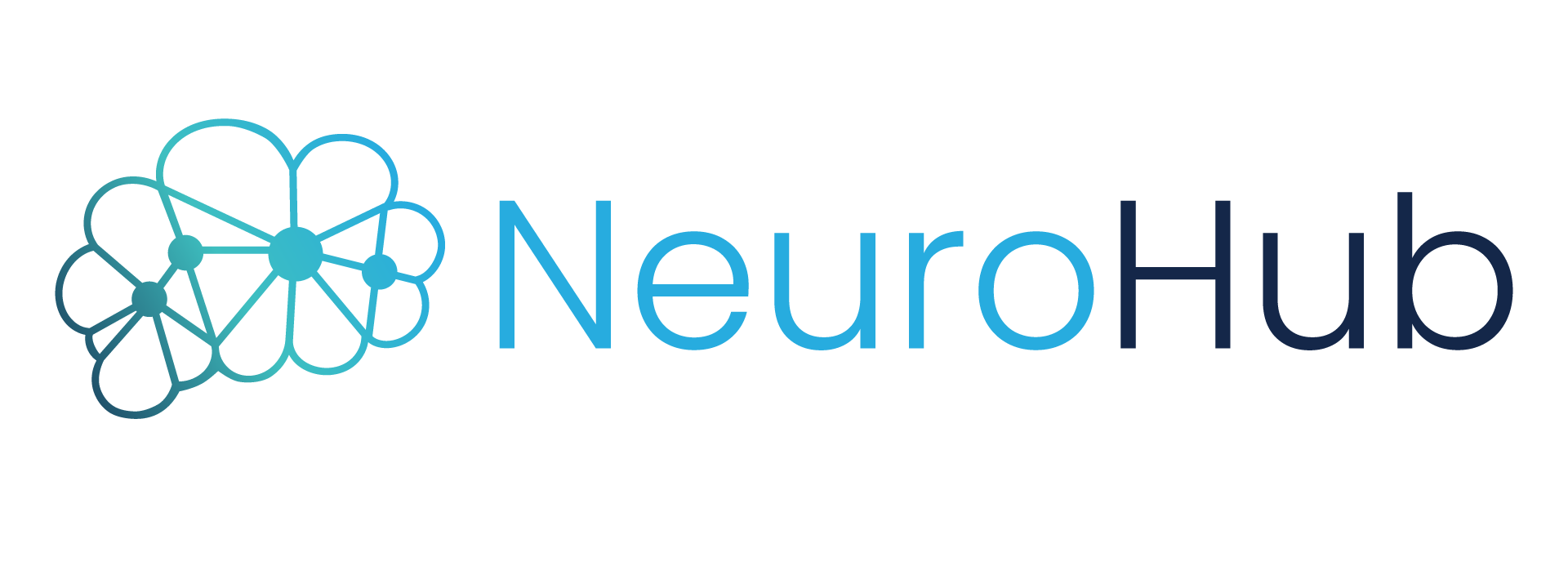Tools
The NeuroHub platform functions as a centralized toolbox integrating an ecosystem of software services and tools for seamless neuroscience research and collaboration. Components of the ecosystem include external or internally developed softwares or platforms that are interoperable with the NeuroHub platform to augment or support research activity. Whether it be multi-modal data management in LORIS, computational pipelines on high-performance computing through CBRAIN, interactive computing through Jupyter Notebooks or statistical analysis using R, NeuroHub offers a connected platform that allows users to conduct research at whatever scale is necessary to answer their questions. NeuroHub’s suite of software services supports research teams working in neuroimaging, neuroinformatics, genomics, cognitive neuroscience, machine learning and more.
CBRAIN connects to high-performance and cloud computing and allows users to run computational pipelines in an easy and reproducible manner. CBRAIN has a partnership with Compute Canada to provide millions of computing hours for the research community using the NeuroHub Portal. CBRAIN is linked directly to the NeuroHub platform, allowing users to easily move between the NeuroHub Portal and CBRAIN to launch tasks and analyze data efficiently.
LORIS (Longitudinal Online Research and Imaging System) is a web-based data and project management software for neuroimaging research studies. This open source framework allows for storing and processing of behavioural, clinical, neuroimaging and genetic data. LORIS also makes it easy to manage large datasets acquired over time in a longitudinal study, or at different locations in a large multi-site study.
LORIS is integrated with the NeuroHub platform, allowing curated datasets to be shared. In addition, LORIS instances are utilized to query large datasets available in NeuroHub. LORIS datasets can be exported into CBRAIN easily for pre-processing or analysis.
NeuroHub Components
Jupyter Notebooks
JupyterHub brings the power of notebooks to groups of users by providing access to computational environments and resources without the burden of installation and maintenance. You can store Jupyter notebooks in NeuroHub projects and run them on high-performance computing resources such as the Béluga JupyterHub (if you have a Compute Canada account) or the McGill Syzygy JupyterHub (if you have a McGill username)
OSF
OSF is a free and open source project management tool that supports researchers throughout their entire project lifecycle as a collaboration tool and workflow system. NeuroHub is interoperable with OSF allowing you to move data between applications.
Boutiques
Boutiques is a tool to automatically publish, integrate and execute applications across computational platforms. Boutiques applications are summarized in a simple yet rich JSON description, and enable the simulation, validation, evaluation and application-specific monitoring of command-line tools.
CONP
The Canadian Open Neuroscience Platform (CONP) is a national Open Science network. It provides an infrastructure for the sharing of neuroscience data and tools, as well as training and data governance policies. Some cyber infrastructural elements of the CONP Portal are also integrated within the NeuroHub Platform. As such, many CONP datasets are accessible as public projects on the NeuroHub Portal. All users are allowed access to this data to help propel a new era of commonly shared, digitally integrated, data- and algorithmic-rich neuroscience research.
Datalad
DataLad is a software tool developed to help with everything related to the evolution of digital objects. It not only keeps track of code, data, and makes sharing, retrieving and linking (meta-)data easy, but it also helps combine of all things necessary in the digital workflow of data and science. NeuroHub connects withDatalad, which allows easy publishing of objects for the scientific community.
